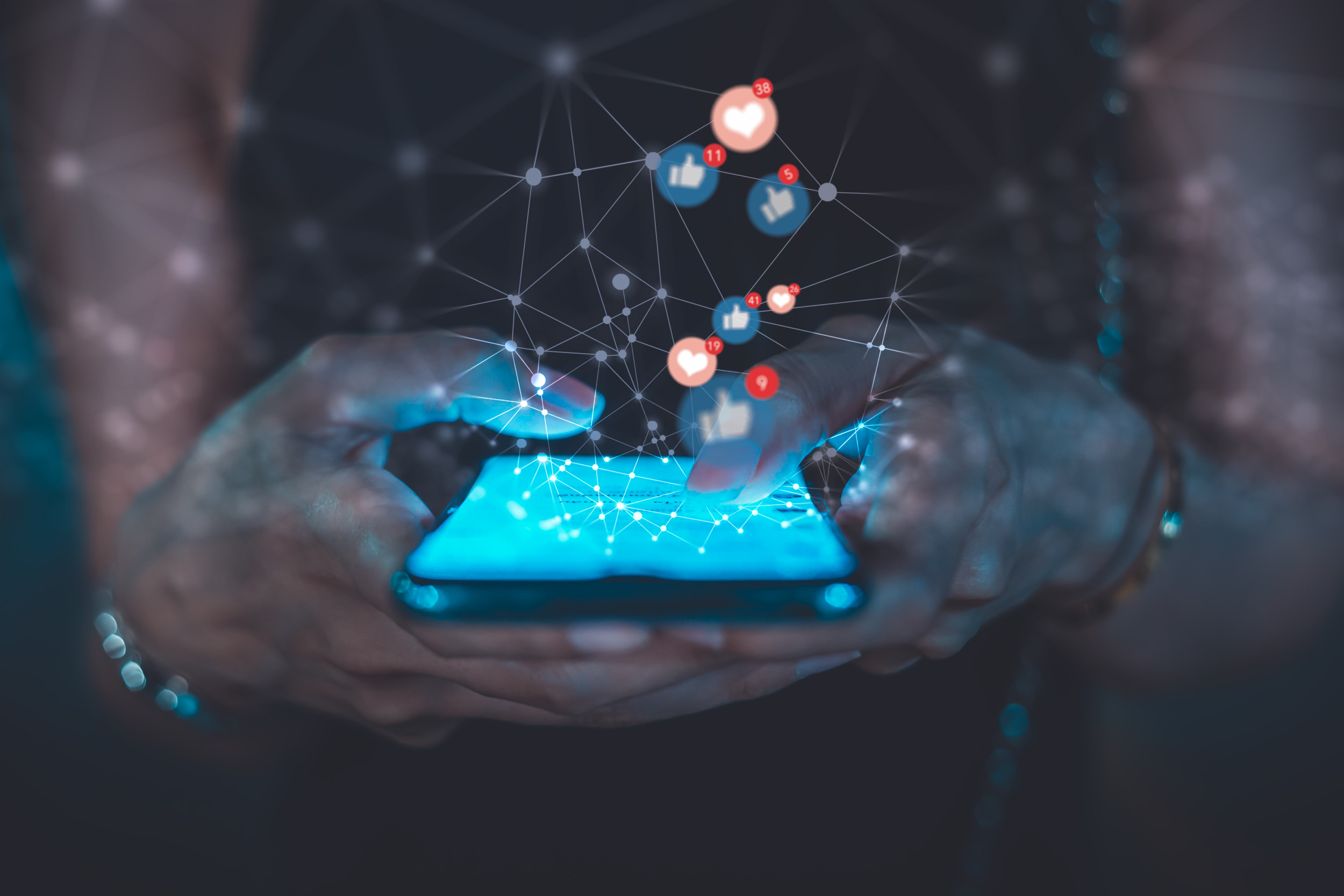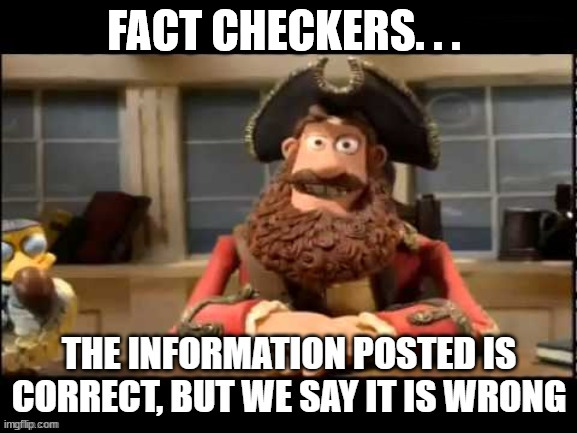berg80
Diamond Member
- Oct 28, 2017
- 25,141
- 21,135
- 2,320
Never was a more egregious false equivalence made on this board.Both Harris and Trump are politicians and they’ll tell wrong numbers and talking points that aren’t true.
Follow along with the video below to see how to install our site as a web app on your home screen.
Note: This feature may not be available in some browsers.
Never was a more egregious false equivalence made on this board.Both Harris and Trump are politicians and they’ll tell wrong numbers and talking points that aren’t true.
Indeed. Harris has told a MASSIVE amount of absolute lies about trump. She likely has him beatNever was a more egregious false equivalence made on this board.
You need to listen to more than one show.I just listened to the entire interview. There is not one thing in the interview that Rogan states that show Rogan is a liberal that supports Sanders or Kamala.
You have zero idea who Joe Rogan is and have never spent anytime to learn.
You are either ignorant or have low IQ, which is it. Answer my question.
Rogan was all in as a 100% leftist Democrat until the Democrats went so batsh*t crazy he, one who still engages in critical thinking, had to reject that. He now considers himself a centrist. He would strongly object to being characterized as a conservative. Or being a Trump supporter.He is not a conservative at all.
He is simply not crazy.
I agree with most of that, but I don't think it was that it was only TEE VEE that did most of the damage to attention spans.To a point you're right. But television has pretty much destroyed the attention span of most Americans. It's hard enough to get them to watch/listen to two or three minutes of information. If you can't get it said under a minute, they tune out. It is a huge problem for educators and it's why so often the 30 minute lecture on any subject is pretty much a thing of the past. They need visual aids and special effects to keep the attention of the students and even those need to be changed up every few minutes.



Sorry, Rogan today would never endorsed Sanders, liberals, or democrats. That is why Rogan moved to the Red State Texas.You need to listen to more than one show.
It is well known that he endorsed Sanders.
He isn't a conservative, he is an independent.
Folks don't need others to "fact-check."Trump’s appearance on Rogan’s show was part of a wider push to court young voters by sitting for interviews with various streamers, online influencers and social media personalities.
The former president has largely stayed away from interviews with mainstream media outlets and news networks, and appeared most frequently on Fox News in the lead up to the Nov. 5 election.
Because they tend to fact check the former Liar-in-Chief.

Sorry, Rogan today would never endorsed Sanders, liberals, or democrats. That is why Rogan moved to the Red State Texas.
I am still waiting for your quote showing Rogan endorsed Sanders. Prove it, insinuations are nothing but a low intellect reply
I don't doubt that social media is a big culprit too and will certainly concede that point.I agree with most of that, but I don't think it was that it was only TEE VEE that did most of the damage to attention spans.
Certainly that was a culprit, but TEE VEE been around since the late forties.
As short attention spans developed in concert with the web, TEE VEE than responded in kind, with different styles and editing to accommodate, creating a reinforce feed-back loop.

Social media causes attention spans to drop
I am sitting at my desk, trying to finish an assignment due tomorrow. When my phone buzzes, I force myself to look away, fighting the urge to pick it up. It always fails. I tell myself it’s just a quick minute and that I’ll finish later. However, next thing I know, it’s been an hour,...standard.asl.org

Is Social Media Destroying Our Attention Spans?
Is the nature of social media (and other new ways of disseminating news) leading to negative changes in human society?www.psychologytoday.com
Our Attention Spans Are Declining, and Technology Is Not Solely To Blame

Our attention spans are declining, and technology is not solely to blame
In 2004, psychologist Gloria Mark found that the average time study participants spent focused on a screen was around two-and-half minutes. It's now 47 seconds.www.newsweek.com
". . . Mark said there are a number of factors that may be playing a role in our increasing distractibility, and our psychology is just as important a factor as technology.
"People tend to blame tech—saying it's due to the notifications—or that it's simply due to a lack of willpower. My argument is much broader than both of those reasons," Mark said. "Yes, notifications and targeted algorithms do affect our attention. But it's by no means the full story. For one thing, people are just as likely to self-interrupt as to be interrupted by some external notification or phone call."
One factor that is an enabler of distraction is the very design of the internet itself, with its "node and link" structure, according to Mark.
"If you know about the history of the internet, it was actually designed to make it very easy for people to find information using this network structure," Mark said. "The reason is because humans think in terms of associations, and human memory is theorized to be structured as a semantic network.
"So, when you go to a Wikipedia article, there are so many entry points into your mind's network," she said. "We're primed. We think of associations and we're just compelled to click on links. Sometimes it could be an inner thought that comes up or some urge. And then we search for it on the web and start going on a joyride."
An individual's personality also plays a role. Mark said some individuals are better at self-regulating than others. Those that are not so good tend to score higher on psychological measures of impulsivity and low in conscientiousness. People who score high in neuroticism also tend to have shorter attention spans, according to Mark.
Furthermore, we are endlessly swayed by desires to maintain social capital and influence, which go hand-in-hand with the way technologies like social media function.
Aside from these factors, the psychologist argues that the broader media environment is reinforcing shorter attention spans.
"For example, film and TV shot lengths have declined to four seconds," Mark said. "I can't say that those are causing us to have short attention spans—it could very well be that editors and directors are gearing their material to what they think our attention spans are, or that they are influenced by their own short attention spans. But the point is, it reinforces us."
Oh I thought you said he DIDN"T put her in charge of the border.I appreciate you providing an article proving my point.
I don't doubt that social media is a big culprit too and will certainly concede that point.
But it was about the time social media became a big thing that television changed from a scholarly and in depth reporting of the news of the day to become mostly talking heads giving 30-second sound bites. We no longer had Walter Cronkite objectively delivering comprehensive information on the latest political scandal or Ted Koppel doing in depth analysis of the Iranian Hostage Crisis, etc. It became mostly the host giving a quick cursory summary followed by video clips or solicitation of opinion from others.
It has not served us well to educate the public.
Still can't quote? As I said, Rogan is cionservative.
Nice contradiction. I can do better.He's not
Not even a little.
Nice contradiction. I can do better.
Yes he is.
Trump supporters BEG to be lied to.Indeed. Harris has told a MASSIVE amount of absolute lies about trump. She likely has him beat
The were head and shoulders more objective and fair in reporting the news than anybody on network or cable television now. Peter Jennings was probably the most obvious in his bias and partisanship and he was head and shoulders above anybody on network or cable television now.Cronkite and Koppel were hardly objective reporters.
I didYou can't
Wrong. He’s never been a conservative. Stop believing establishment media propaganda, like a dupe. He’s held mostly left leaning positions his entire life.Still can't quote? As I said, Rogan is cionservative.
I did